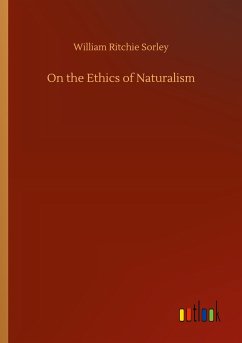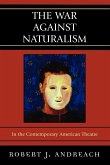In "On the Ethics of Naturalism," W. R. Sorley presents a profound exploration of the interplay between ethical theory and naturalistic perspectives, positing that understanding human morality requires an intricate balance between empirical observation and philosophical reasoning. The work is marked by Sorley's clear yet sophisticated prose, seamlessly weaving together intricate arguments that challenge prevailing notions of absolutism in ethics while navigating the complex terrain of human nature and societal constructs. Contextually positioned within the early 20th-century philosophical discourse, this text responds to the emergent critiques of metaphysical ethics, engaging deeply with the leading empirical and naturalistic thinkers of his time. W. R. Sorley, a notable figure in British philosophy, was deeply influenced by both idealist traditions and the pragmatic currents of his era. His academic career, marked by an expansive inquiry into ethics and epistemology, reflects a commitment to integrating rigorous rational analysis with the observable world. Sorley's intellectual journey was shaped by a profound belief in ethical inquiry's necessity, guided by a mission to reconcile scientific insight with moral philosophy, thus informing the arguments presented in this seminal work. "On the Ethics of Naturalism" is an essential read for scholars and students of philosophy alike, offering a compelling framework for understanding the moral dimensions of human existence in a scientifically-informed age. Sorley's thought-provoking analysis encourages readers to reflect critically on the ethical implications of a naturalistic worldview, making it a vital contribution to contemporary discourse on morality and ethics.
Bitte wählen Sie Ihr Anliegen aus.
Rechnungen
Retourenschein anfordern
Bestellstatus
Storno








